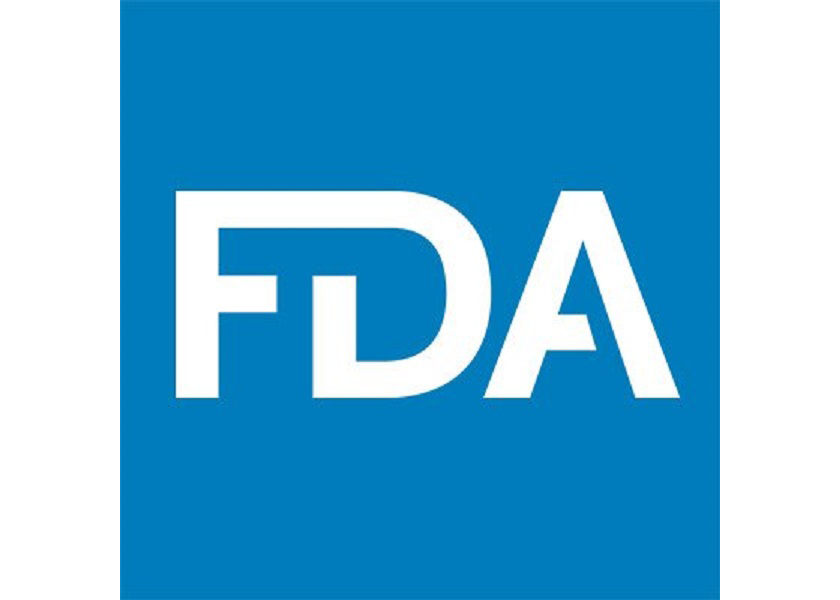FDA touts faster and easier Reportable Food Registry process

The FDA has published a new, interactive public data dashboard that allows anyone to view historical data from the Reportable Food Registry (RFR), an essential tool that the food industry uses to alert the FDA of a dangerous food product.
The new dashboard, which will be updated annually, makes it faster and easier to get better data from the RFR compared to the past. The RFR program helps our state and local partners better determine when to issue health alerts, take steps to remove harmful food from the market, and target enforcement efforts, such as sampling assignments.
A Faster and Easier Way to Obtain and Analyze Data from the FDA
Our new RFR public data dashboard contains 10 years of data from September 2009 to 2019 and covers 28 commodities and 20 food safety hazards. Unlike the past RFR annual reports previously used to publish data, the new dashboard allows users to interact with the data points to gather more customized information at any time to find answers to their specific questions. Users can modify the graphs and charts and view trends based on selected commodities, hazards, and time frames. The dashboard is available as part of the FDA-TRACK program, the FDA's agency-wide performance management system.
In publishing this dashboard, the FDA is taking additional steps to increase public data access by including a downloadable, raw RFR data set to enable stakeholders to perform their own analyses.
In modernizing how people can view and use RFR data, the interactive dashboard:
- Increases access and transparency with state and local partners who use the data to better workplan and determine how to target their own sampling assignments to concerns that are more common in their area;
- Allows industry to educate themselves on trends and identify areas where additional good manufacturing practices and preventive controls could better prevent future outbreaks or contamination in their products; and
- Offers a robust data set to researchers and others who are interested in studying the safety of our food system.
- Overall, this will be a more efficient, less resource intensive process for FDA to provide data.
Coming Up: A Faster and Easier Way to Report to the FDA
When companies discover a food product is dangerous or potentially deadly, they must submit a reportable food report to the FDA using an electronic portal. In 2022, the FDA will begin a project to allow companAll contenties to export the RFR data from their internal business systems or from third party applications directly to the portal with just a click of a button. Once our work is complete, human and animal food companies will be able to upload RFR reports as structured electronic files in Extensible Markup Language format (XML) to the Safety Reporting Portal. The food information, including any associated recall data, will then go simultaneously to experts and systems related to both the RFR and Recalls Programs.
We anticipate that this update will be available in 2023.
Transparency and Collaboration
Both of these efforts reflect significant progress towards creating a safer and more digital food system, which is a key goal of our New Era of Smarter Food Safety initiative. They also represent our commitment to transparency, efficiency, and collaboration with stakeholders from all points in the American food supply.
Additionally, the new reporting process for industry will address concerns about the need for enhanced data connectivity that food retailers, processors, and technology providers have expressed for several years. This enhanced feature will allow industry to provide data more quickly and save a tremendous amount of time for both industry and FDA employees and will allow us to reallocate resources to implementing future improvements.







